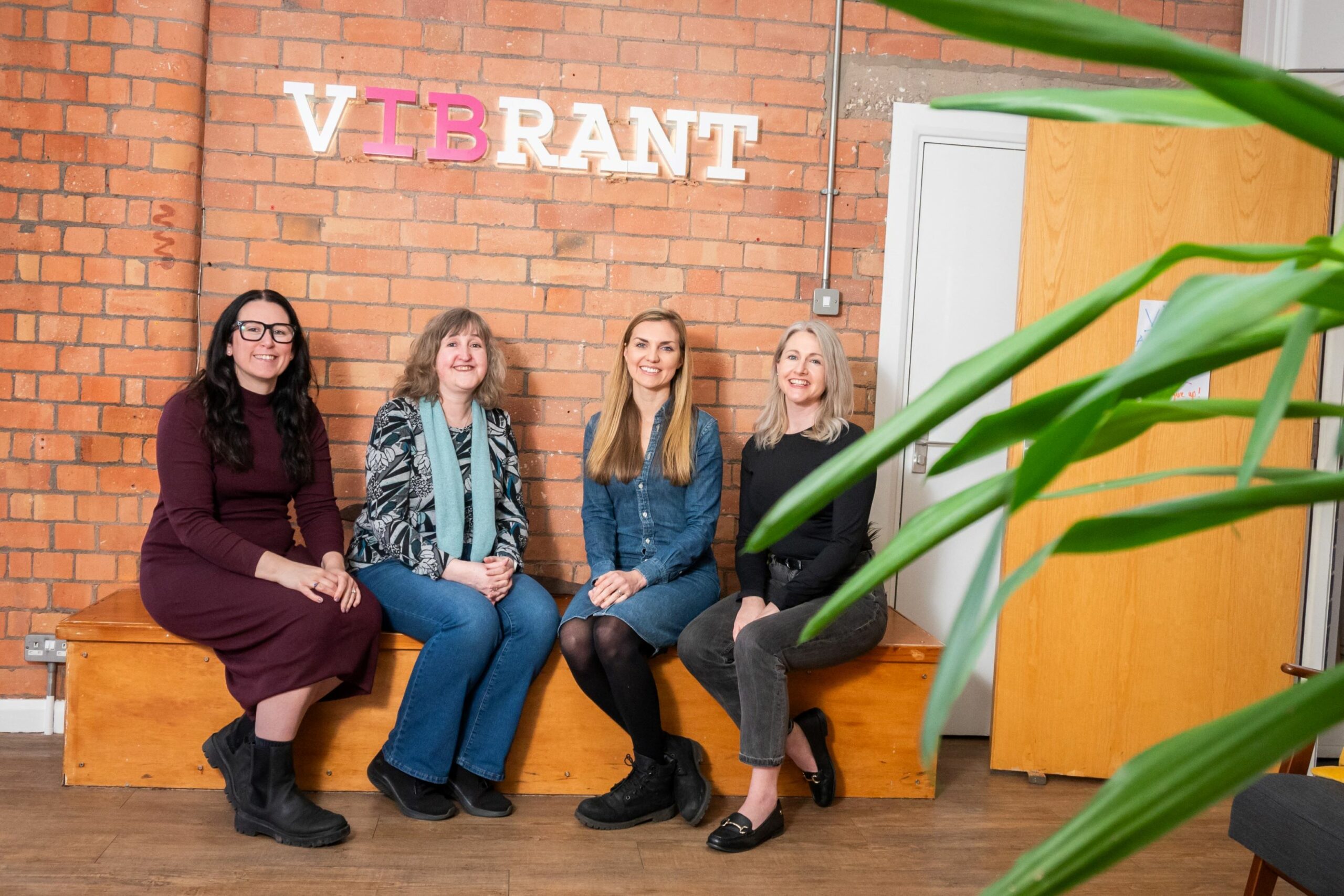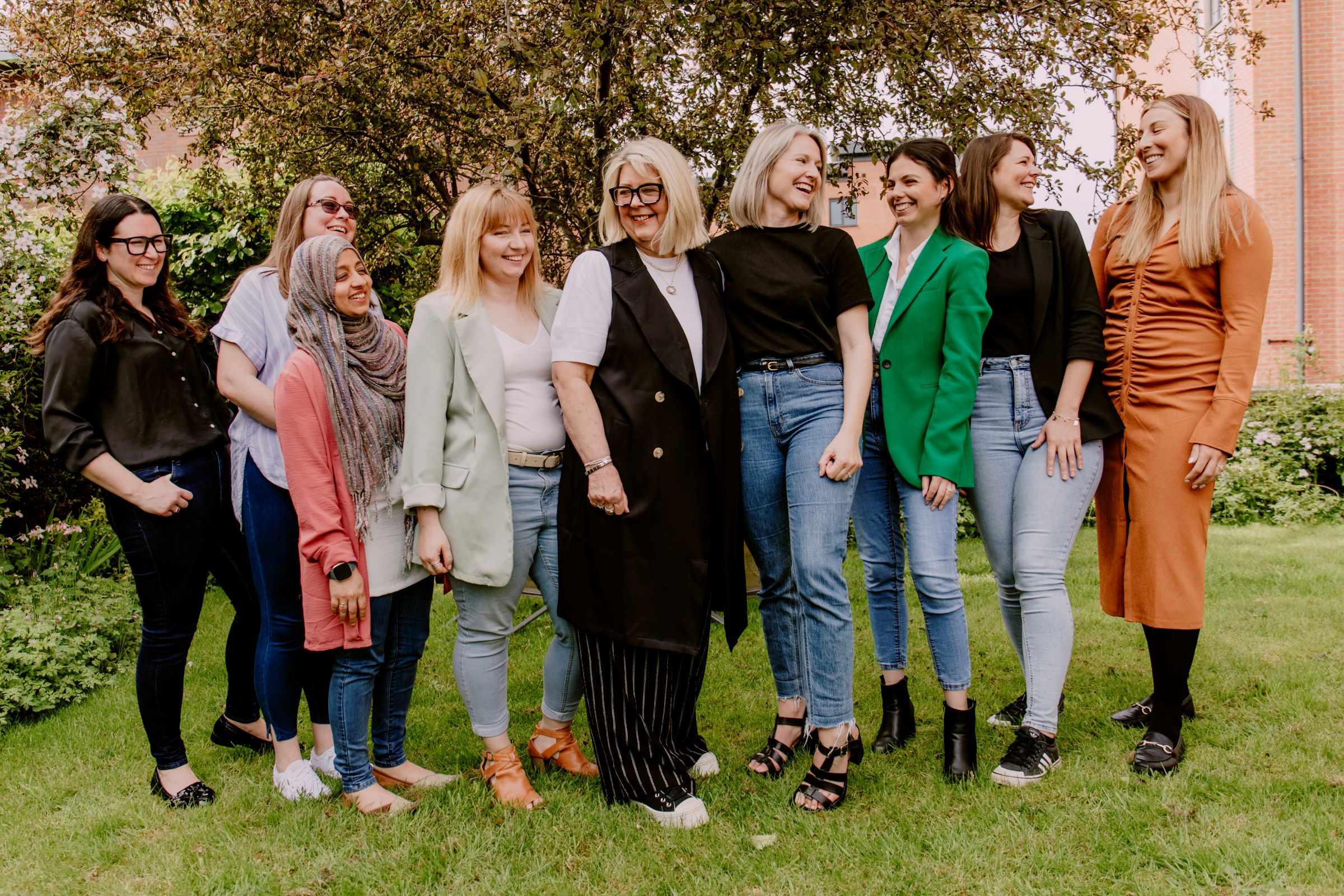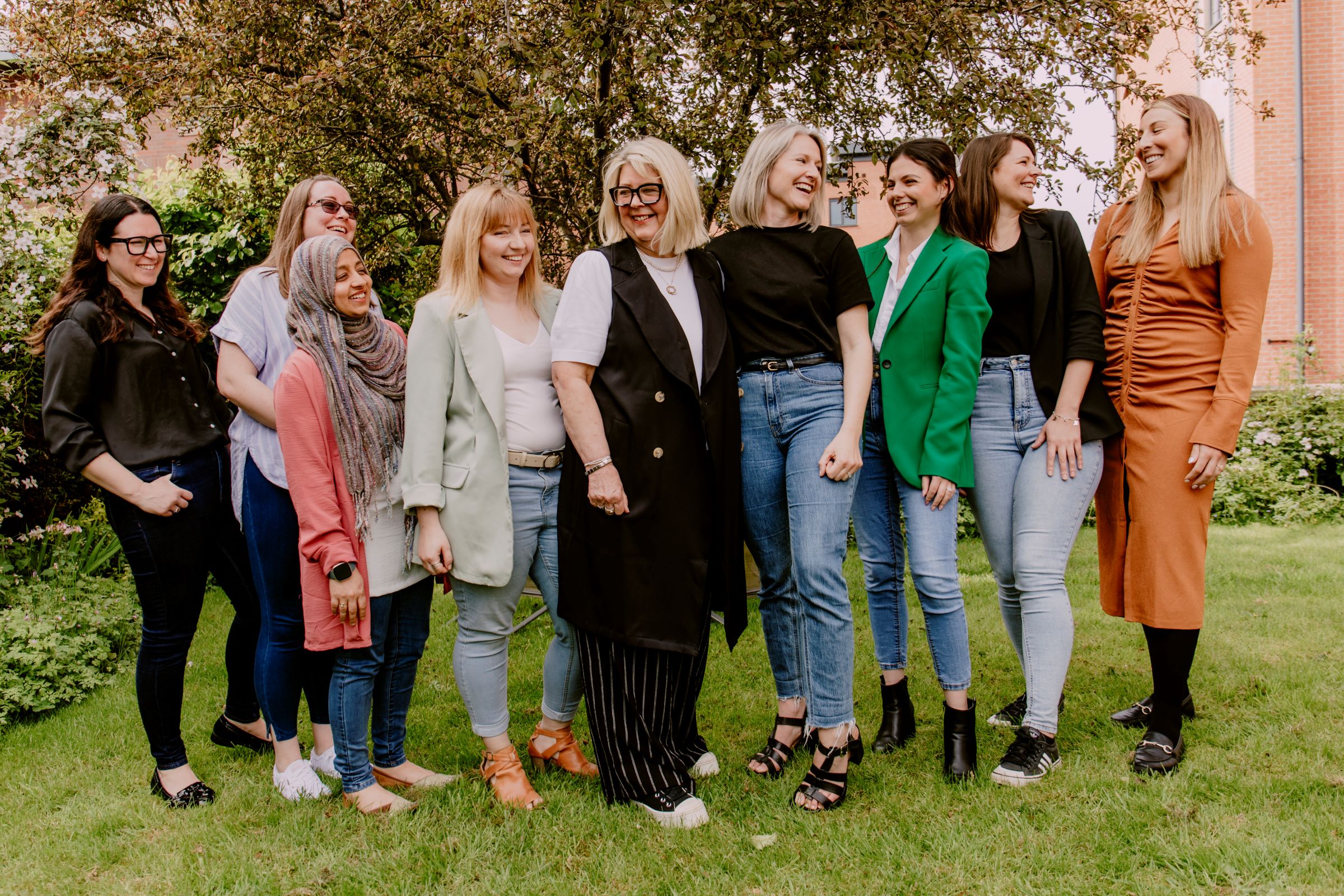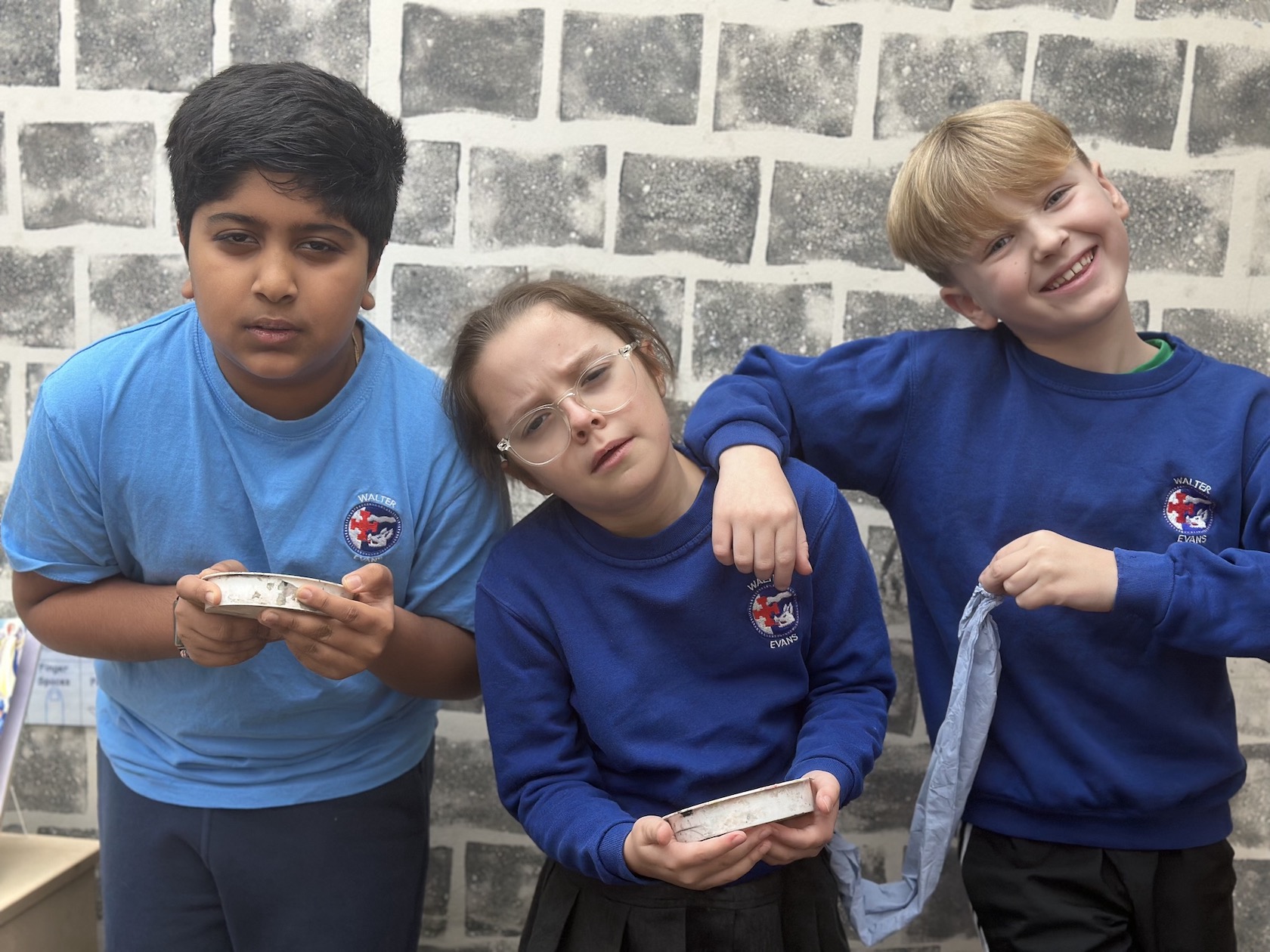The headteacher of a leading secondary school, pupils and business leaders have all shared their thoughts on Prime Minister Rishi Sunak’s plans to ensure all young people study maths in some form until the age of 18.
In his first speech of 2023, Sunak said he wanted people to “feel confident” when it came to finances.
However, his plans have come under scrutiny most recently from actor Simon Pegg, whose furious rant on social media has been seen by millions of people.
The Mission Impossible actor said: “What about arts and humanities and fostering this country’s amazing reputation for creativity and self-expression? What about the kids that don’t want to do Maths? I hated Maths and dropped it as soon as I could and I’ve never needed it other than the skillset I acquired at the age of 12.”
Bev Wakefield, owner of award-winning Vibrant Accountancy and a mum of two, believes that teaching the nation algebra isn’t necessarily what the PM should be focussing on right now.
She said: “I really don’t think that making all of our young people study maths until the age of 18 is relevant. Sure, upskilling the country is always a good thing and whilst maths is a key subject, how many professions out there use algebra on a regular basis? Even as an accountant, learning maths isn’t the be all and end all. I only did Maths up until the age of 16 and, even then, there are still some concepts that I hated.
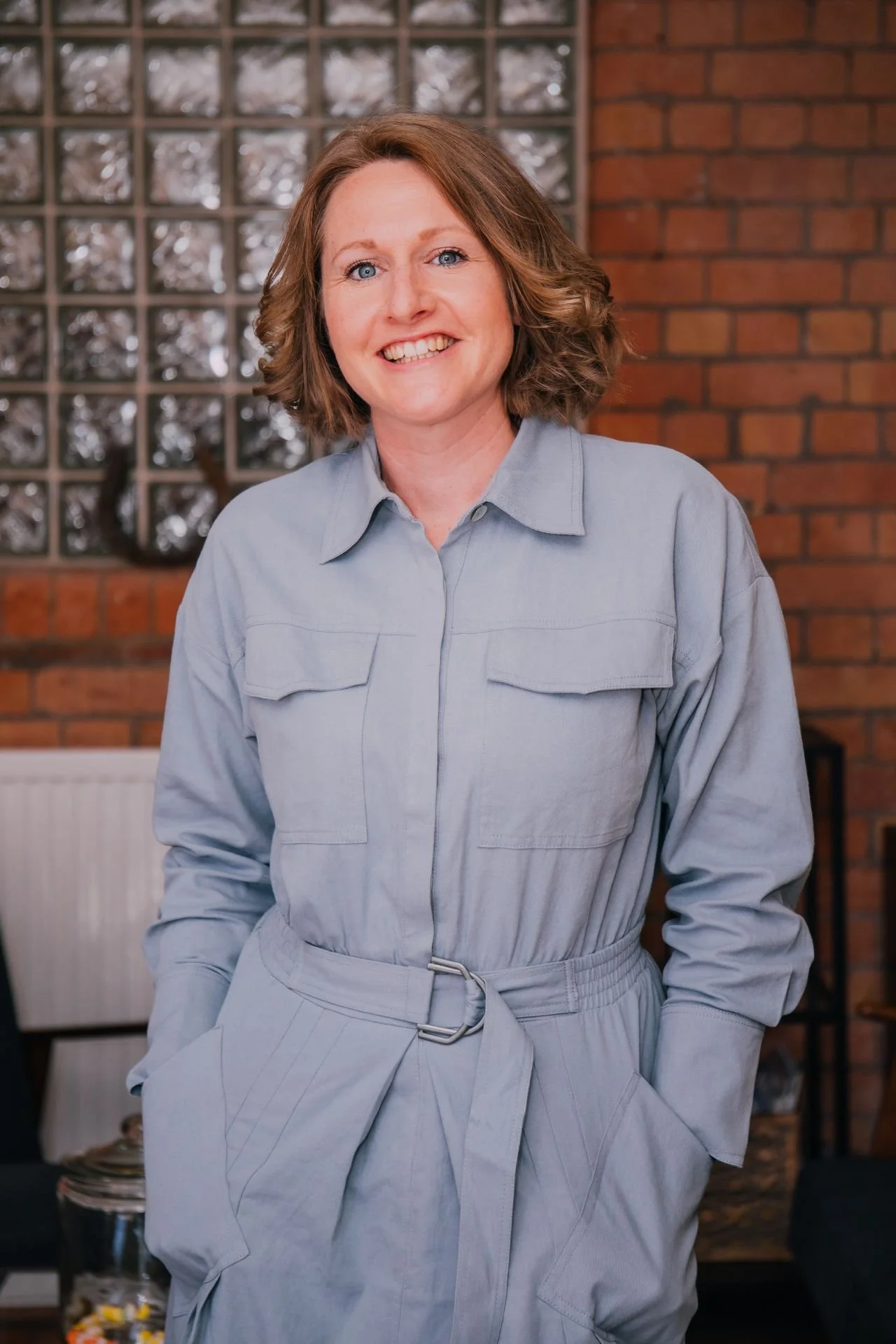
Bev Wakefield, of award-winning Vibrant Accountancy.
“Practical skills would be far more important, learning how to make money work for them, how to set up a business, how to operate as a sole trader, budgeting and forecasting both as individuals and young business owners.
“Teaching more algebra to the nation isn’t in my opinion, necessarily what the Prime Minister should be focussing on right now.”
Fifteen-year-old Samuel Ganly is a pupil at Derbyshire secondary school John Flamsteed. He will sit his GCSE exams in 2024 and, if Sunak’s plans are approved, will have to study maths for a further two years.
He believes that Rishi Sunak needs a ‘reality check’. He said: “I do wonder if Rishi Sunak actually knows what pupils have to study as part of the national curriculum.
“Some of the topics we study in maths are irrelevant to real life. How can a man who attended a private school were the fees were in the region of £6,000 a term at secondary level relate to young people in mainstream schools today?”
Paul Logan, headteacher of Derby Grammar School, though welcomes the plans. He said: “I broadly welcome pupils studying some form of maths up to the age of 18.
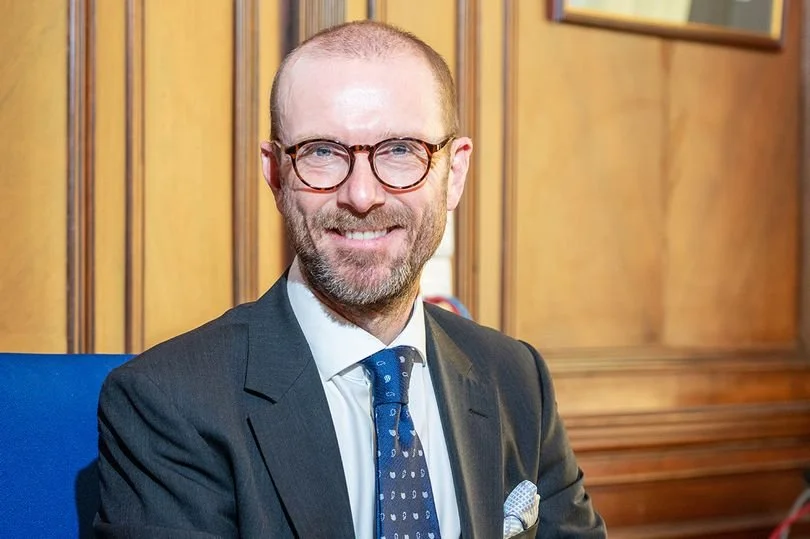
“There are so many benefits from broad study post-16, a little like those opportunities afforded by the Baccalaureate. The key will be to ensure the maths to be studied is appropriate, and that pupils can see it is valuable and valued.
“I think the programme should complement, not replace A-Level maths and equip pupils for life and careers in an uncertain environment.
“What students need is the tools to feel confident in dealing with numerical problems, and that is number knowledge and mathematical reasoning skills, as well as the confidence to persevere! What we really need to do is listen to all the stakeholders and find out what they want and need in the future. This is a great idea, and a great opportunity to open the wider A-Level debate.”
Adam Holland, managing director of Progressive Sports in the East Midlands, oversees a programme called Maths on the Move that helps KS1 and KS2 pupils understand maths using the concept of physically active learning to enhance their confidence and attainment in the subject.
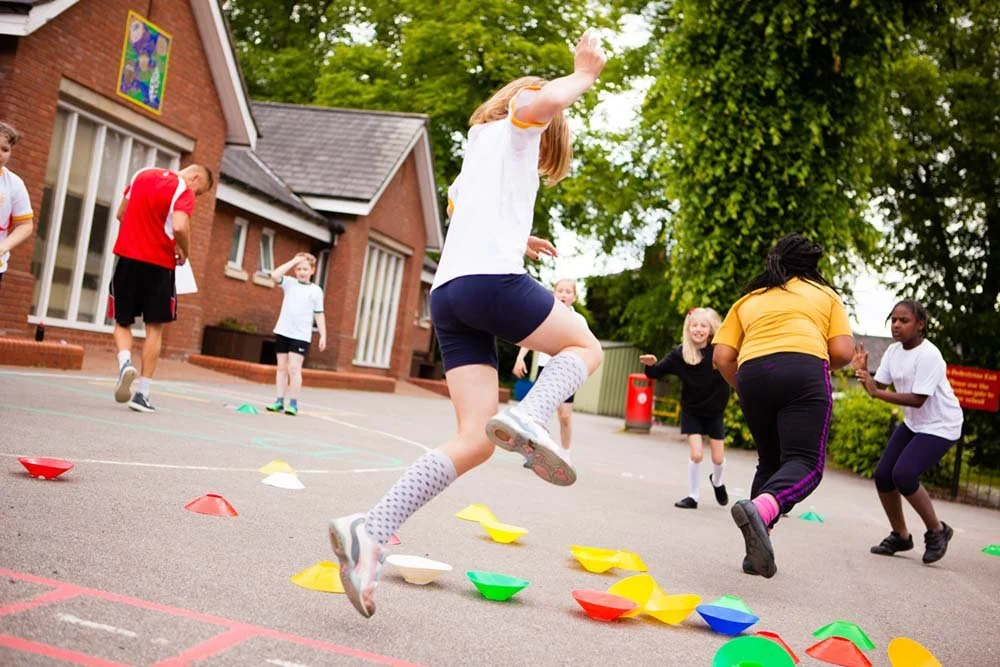
And while he believes that it is important to have a good understanding of maths, he says that there are other subjects that are of equal importance.
“As a sports coaching company, we have seen first-hand the positive impact that physical education can have on children,” he said.
“PE has moved on so much in the past few years; sport can help with general wellbeing, communication and anger management. As long as that activity is engaging and varied, plus as inclusive as possible then it is of great benefit to everyone involved.
“We incorporate English and Maths into our sessions in a fun way and whilst I’m all in favour of lifelong learning, I do believe that the creative arts and sport are also important in a child’s development.
“The restrictions placed on schools and families during covid heightened awareness of how important it is for children’s mental and physical wellbeing for them to get outside into the fresh air and to get active.
“Children and young people’s activity levels overall are almost back to pre-pandemic levels and I feel that sport is often overlooked.”


